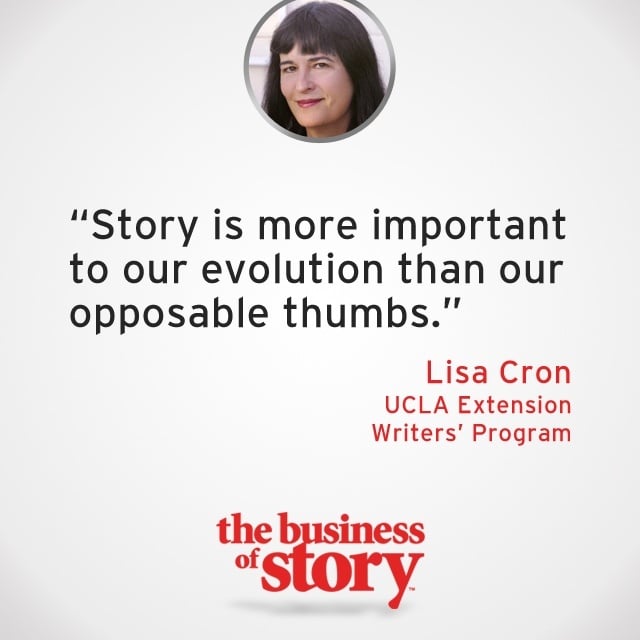

In the wolf community, a lone wolf is a wolf that has done something that was so egregious to the pack that they're ostracized and left to die. I'm totally self-made.' And I always want to go, ‘Well, you do know the wolves travel in packs.' You often get people who go, ‘I'm a lone wolf. And by that time, if we were going to leap to the front of the food chain, which we did, we needed to learn to do that thing that we've been told to do since kindergarten, since primary school, which is, we needed to learn to work well with others.Īt that time, the need to belong to a group became as hardwired as is our need for food, air, and water. The reason for it was because by that time, and we were, at that time, in the middle of the food chain. And that's true, it did.īut what they know now is that that wasn't the reason for it. That analytic thought became possible at that time.

What we were taught, what evolutionary biologists thought for a long time, was that the reason for that growth spurt was because that was when we got the ability to think analytically. It really goes back to, if you want to think about it, our brains' last, as we've all heard, big growth spurt, which was about 100,000 years ago. Lisa: Well, because first of all, story is story, regardless of genre, regardless of the format, whether you're talking about a two-word tweet or War and Peace, it is always the same.Īnd it predates, really, everything. Why does story matter in every book we write, no matter the genre? So, quoting from the book, you say, “Story far predates written language, and evolved as an essential survival tool, long before it was mis-classified as fiction,” which I love. Joanna: I'm excited to talk about this again. You can find Lisa Cron at and on Twitter Transcript of Interview with Lisa Cron



 0 kommentar(er)
0 kommentar(er)
